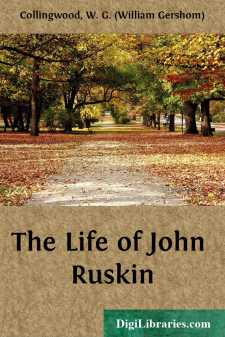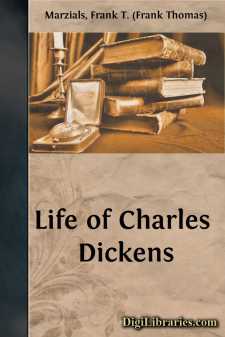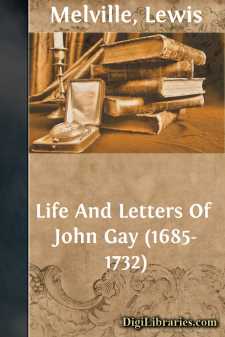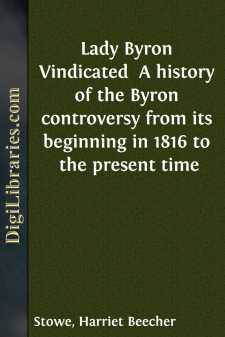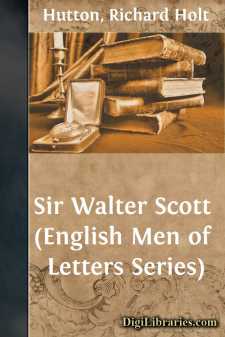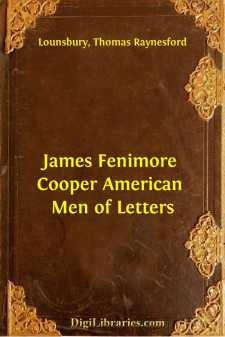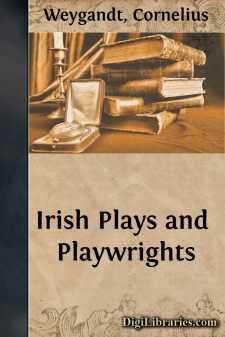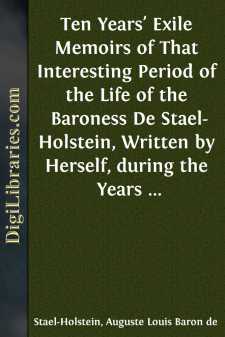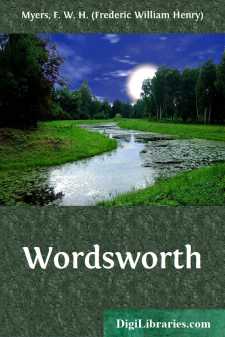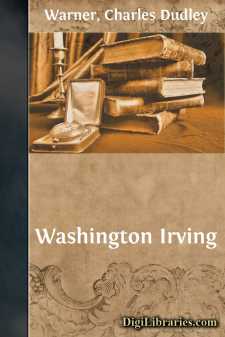Biography & Autobiography
- Adventurers & Explorers 15
- Artists, Architects, Photographers 16
- Business 2
- Composers & Musicians 14
- Criminals & Outlaws 5
- Editors, Journalists, Publishers 6
- Educators 1
- Entertainment & Performing Arts 3
- General 73
- Health, Exercise & Fitness 1
- Historians 3
- Historical 83
- Law Enforcement 1
- Lawyers & Judges 3
- Literary
- Medical 7
- Military 48
- Naturalists, Gardeners, Environmentalists 8
- Personal Memoirs & Diaries 226
- Philosophers 3
- Political 9
- Presidents & Heads of State 38
- Religious 38
- Rich & Famous 27
- Scientists 13
- Women 31
Literary Books
Sort by:
CHAPTER I If origin, if early training and habits of life, if tastes, and character, and associations, fix a man's nationality, then John Ruskin must be reckoned a Scotsman. He was born in London, but his family was from Scotland. He was brought up in England, but the friends and teachers, the standards and influences of his early life, were chiefly Scottish. The writers who directed him into the...
more...
CHAPTER I. Education is a kind of lottery in which there are good and evil chances, and some men draw blanks and other men draw prizes. And in saying this I do not use the word education in any restricted sense, as applying exclusively to the course of study in school or college; nor certainly, when I speak of prizes, am I thinking of scholarships, exhibitions, fellowships. By education I mean the...
more...
by:
Lewis Melville
CHAPTER I 1685-1706EARLY YEARS The Gays were an old family, who settled in Devonshire when Gilbert le Gay, through his marriage with the daughter and heiress of Curtoyse, came into possession of the manor of Goldsworthy, in Parkham. This they held until 1630, when it passed out of their hands to the Coffins. Subsequently they were associated with the parish of Frittelstock, near Great Torrington. In...
more...
PART I. CHAPTER I. INTRODUCTION. The interval since my publication of ‘The True Story of Lady Byron’s Life’ has been one of stormy discussion and of much invective. I have not thought it necessary to disturb my spirit and confuse my sense of right by even an attempt at reading the many abusive articles that both here and in England have followed that disclosure. Friends have undertaken the...
more...
CHAPTER I. ANCESTRY, PARENTAGE, AND CHILDHOOD. Sir Walter Scott was the first literary man of a great riding, sporting, and fighting clan. Indeed, his father—a Writer to the Signet, or Edinburgh solicitor—was the first of his race to adopt a town life and a sedentary profession. Sir Walter was the lineal descendant—six generations removed—of that Walter Scott commemorated in The Lay of the Last...
more...
Chapter I. 1789-1820. In one of the interior counties of New York, less than one hundred and fifty miles in a direct line from the commercial capital of the Union, lies the village of Cooperstown. The place is not and probably never will be an important one; but in its situation and surroundings nature has given it much that wealth cannot furnish or art create. It stands on the southeastern shore of...
more...
Chapter I To the general reader the Celtic Renaissance was a surprise, and even to Irish writers deeply interested in their country the phenomenon or movement, call it which you will, was not appreciated as of much significance at its beginning. Writing in 1892, Miss Jane Barlow was not hopeful for the immediate future of English literature in Ireland;—it seemed to her "difficult to point out any...
more...
CHAPTER 1. Causes of Bonaparte's animosity against me. It is not with the view of occupying the public attention with what relates to myself, that I have determined to relate the circumstances of my ten years' exile; the miseries which I have endured, however bitterly I may have felt them, are so trifling in the midst of the public calamities of which we are witnesses, that I should be...
more...
CHAPTER I. BIRTH AND EDUCATION—CAMBRIDGE. I cannot, perhaps, more fitly begin this short biography than with some words in which its subject has expressed his own feelings as to the spirit in which such a task should be approached. "Silence," says Wordsworth, "is a privilege of the grave, a right of the departed: let him, therefore, who infringes that right by speaking publicly of, for,...
more...
I. PRELIMINARY. It is over twenty years since the death of Washington Irving removed that personal presence which is always a powerful, and sometimes the sole, stimulus to the sale of an author's books, and which strongly affects the contemporary judgment of their merits. It is nearly a century since his birth, which was almost coeval with that of the Republic, for it took place the year the...
more...


